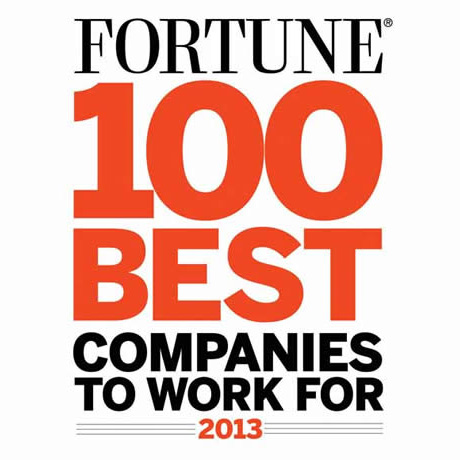What Makes Companies Great? Bad?

People go into business with the intention of being successful. No one puts up a company expecting to fold or to go bankrupt. The goal is to succeed and in the long run, eventually become great.
What Makes Companies Great? Here are some important factors shared during the Traffic and Conversion Summit 2013 that contribute to a company’s success:
Great Leaders
Great leaders are: Fair. Calm. Inspirational. Mentors.
Competitive Advantage
Unfair advantages:
- First mover.
- Price.
- U.S.P. (Unique Selling Proposition).
- Selection.
- Legal.
Measurement
- Know your metrics. “What gets measured gets managed.””
- Break even.
- Cost to acquire a customer.
- Product performance.
- Employee performance (gross sales per employee).
- Customer success.
Seek Opportunity
Where can we grow?
- International.
- Cross markets.
- Line extensions (what else will your customer buy that you’re not selling?
- Joint ventures.
- Licensing.
Leverage
What can we leverage?
- Other people’s money.
- Other people’s idea.
- Other people’s energy.
- Other people’s trust.
- Other people’s innovation.
Genuine Ethics
Who are you really?
- Charitable giving.
- Employee success.
- Vendor success (the people you buy from need to make money, too).
- Partner success.
- Customer love.
Urgency And Commitment
How driven are you?
- Commit or leave (nothing will ruin a good employee faster than them watching you tolerate a bad one).
- Money loves speed.
- Speed attracts talent.
- Talent drives innovation.
- Innovation drives value.
What Makes Companies Bad?
- Lack of vision.
- Lack of leadership.
- Lack of commitment.
- Lack of scalability.
- Bad/no numbers.
- Poor management.
- Flawed business model.
Are You in No Man’s Land (Or Why Your Business Isn’t 20 Times Bigger Than It Is). Here are 4 Reasons Why You’re Likely Stuck:
Lack of marketing
- #1 killer of small business growth. Marketing is the lifeblood of every growing business.
Lack of talent
- Top people usually work for companies that are growing.
Lack of systems
- This usually comes with good people (crucial to scale).
Lack of capital
- To fund only growth after 1, 2, and 3 are addressed.
If you are a startup company or you are wondering how to take your company to the next level, use this list to assess where you are right now. Ask yourself if you are happy where you are or you would like to have a bigger slice of the pie and act accordingly.


